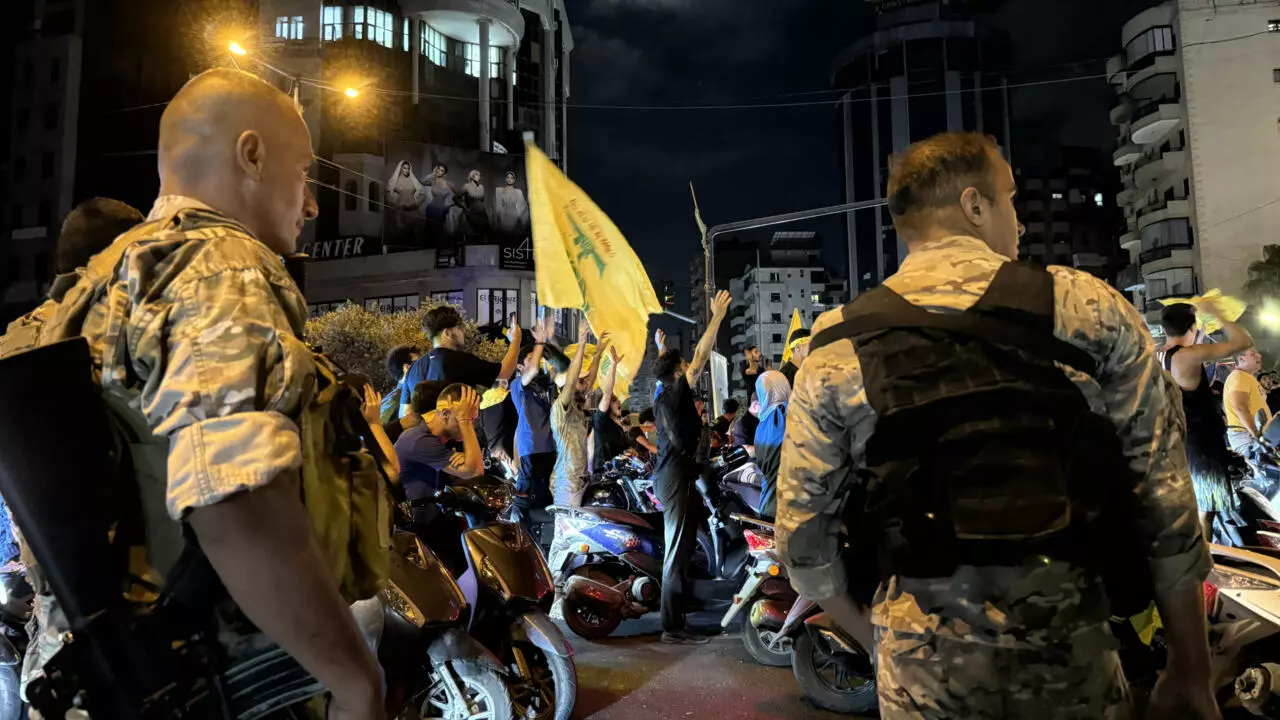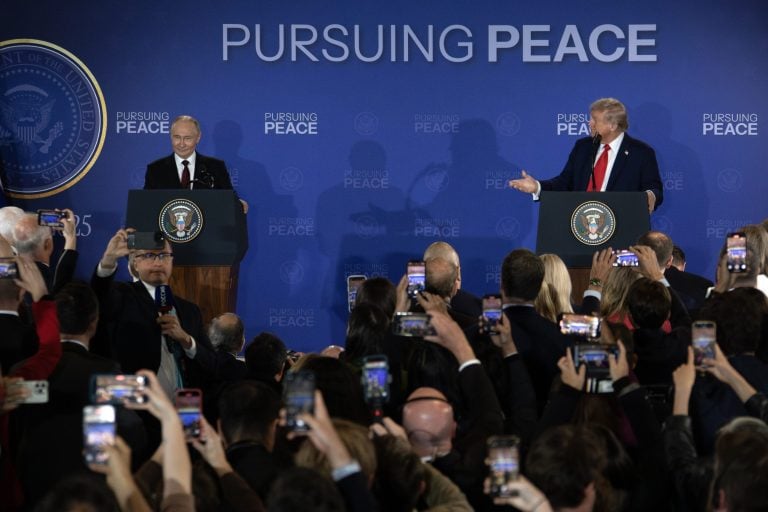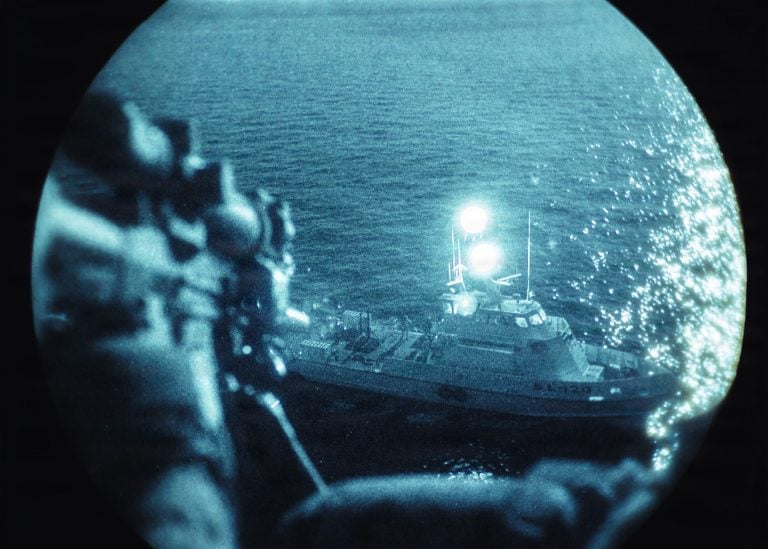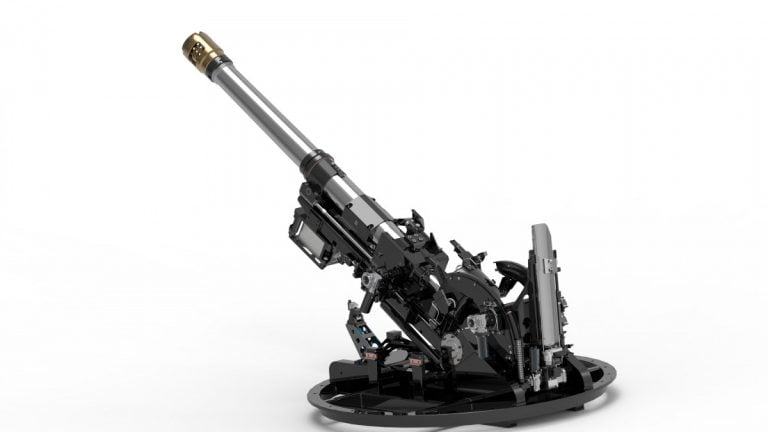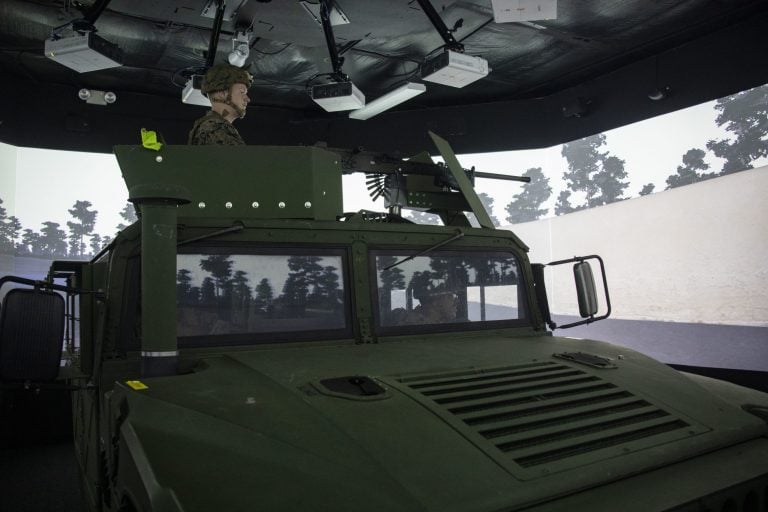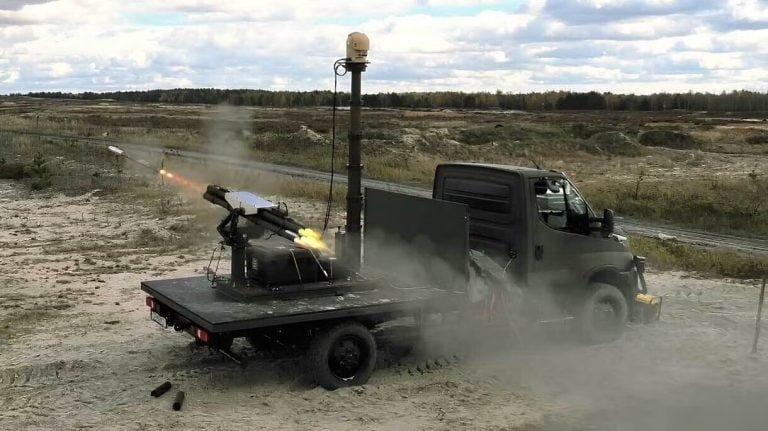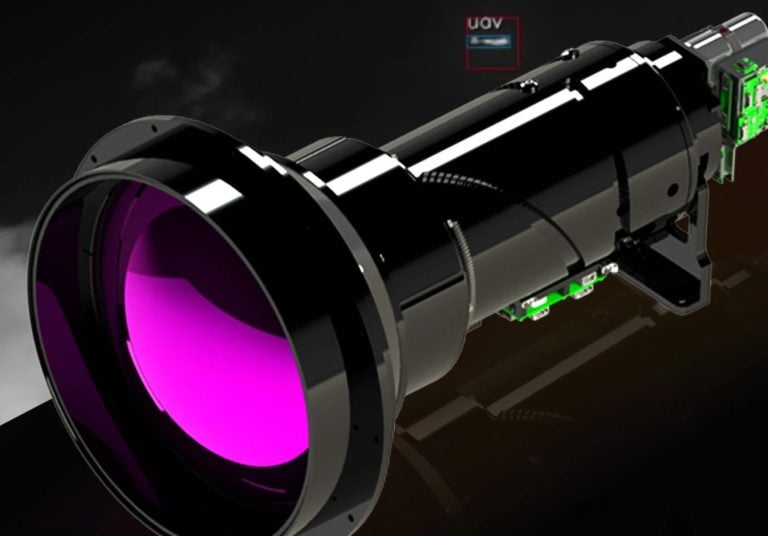Pressure is mounting from both Israeli and US officials on Lebanon’s army to expedite the disarmament of the militant group Hezbollah. This heightened scrutiny comes with reports that the Lebanese army chief has canceled a planned visit to Washington after key meetings with US officials were abruptly called off.
In response to a ceasefire brokered by the US in November that aimed to halt extended hostilities between Israel and Hezbollah, Lebanon’s army has significantly increased its military presence along the southern border, now deploying around 9,000 soldiers in the region near the Litani River. A government-approved timeline requires the army to dismantle Hezbollah’s military infrastructure south of this river by year’s end before moving to address Hezbollah’s influence in the rest of Lebanon.
Despite this commitment, a military official speaking on condition of anonymity expressed skepticism about the feasibility of the timeline, especially in the face of escalating pressure from the US and Israel. He warned that such pressures might lead to a rise in Israeli airstrikes and described the expectation for the army to disarm Hezbollah throughout Lebanon by year-end as unrealistic, adding that systematic house searches for weapons or tunnels were being prioritized.
Notably, Israeli military activity along the Lebanese border has not abated, with consistent accusations directed at Hezbollah regarding the reconstruction of its military capabilities. This ongoing military posture has seen Israel conduct regular strikes in the region, which it justifies on the basis of perceived threats from Hezbollah.
Lebanon’s armed forces, reliant heavily on US support and numbering about 80,000 personnel, are regarded as critical to maintaining stability in the country, which is grappling with severe economic challenges. The abrupt cancellation of Army Chief Rodolphe Haykal’s Washington trip marks a significant diplomatic snub, particularly as influential Republican Senator Lindsey Graham criticized the Lebanese army’s perceived inadequate efforts to disarm Hezbollah. His discontent was further fueled by a reference in a recent army statement that termed Israel as the “enemy,” a term ingrained in Lebanon’s discourse since the state of war that has existed since 1948.
In the context of these developments, the United Nations Interim Force in Lebanon (UNIFIL) highlighted numerous violations of Lebanese airspace by Israel since the ceasefire, alongside a history of alleged Israeli aggressions against its peacekeepers. The monitoring committee consisting of the US, France, Lebanon, Israel, and UNIFIL continues to oversee the ceasefire, with Lebanon’s army working to dismantle Hezbollah’s operational capabilities, albeit with limited resources.
Moreover, the Lebanese army has faced casualties, highlighting the risks involved in these operations. An official lamented that the Lebanese military is being tasked with achieving goals that the Israeli military could not accomplish during direct confrontations, amid an environment where civil discord is a significant concern.
Despite ongoing assertions from Hezbollah about respecting the ceasefire, the group has maintained its arsenal, citing its long-standing commitment to resistance against Israel, which was rooted in its formation during the 1982 Israeli invasion. As Israeli officials assert that Hezbollah is amassing its military capabilities, Western sources indicate skepticism that disarmament will actually occur, intensifying concerns that Israeli actions may escalate in response to perceived threats from Hezbollah’s rearmament.
